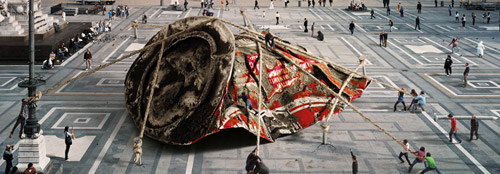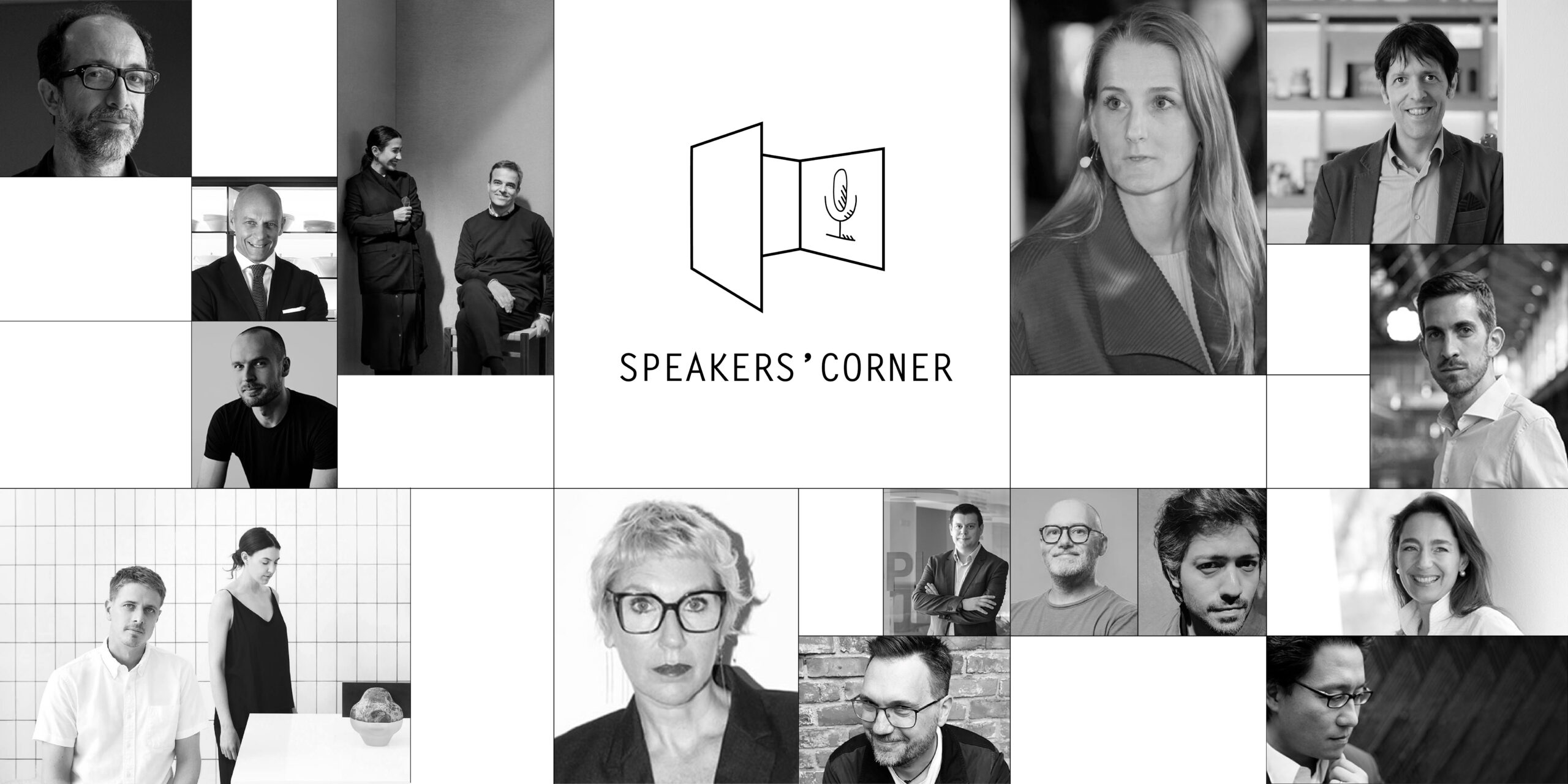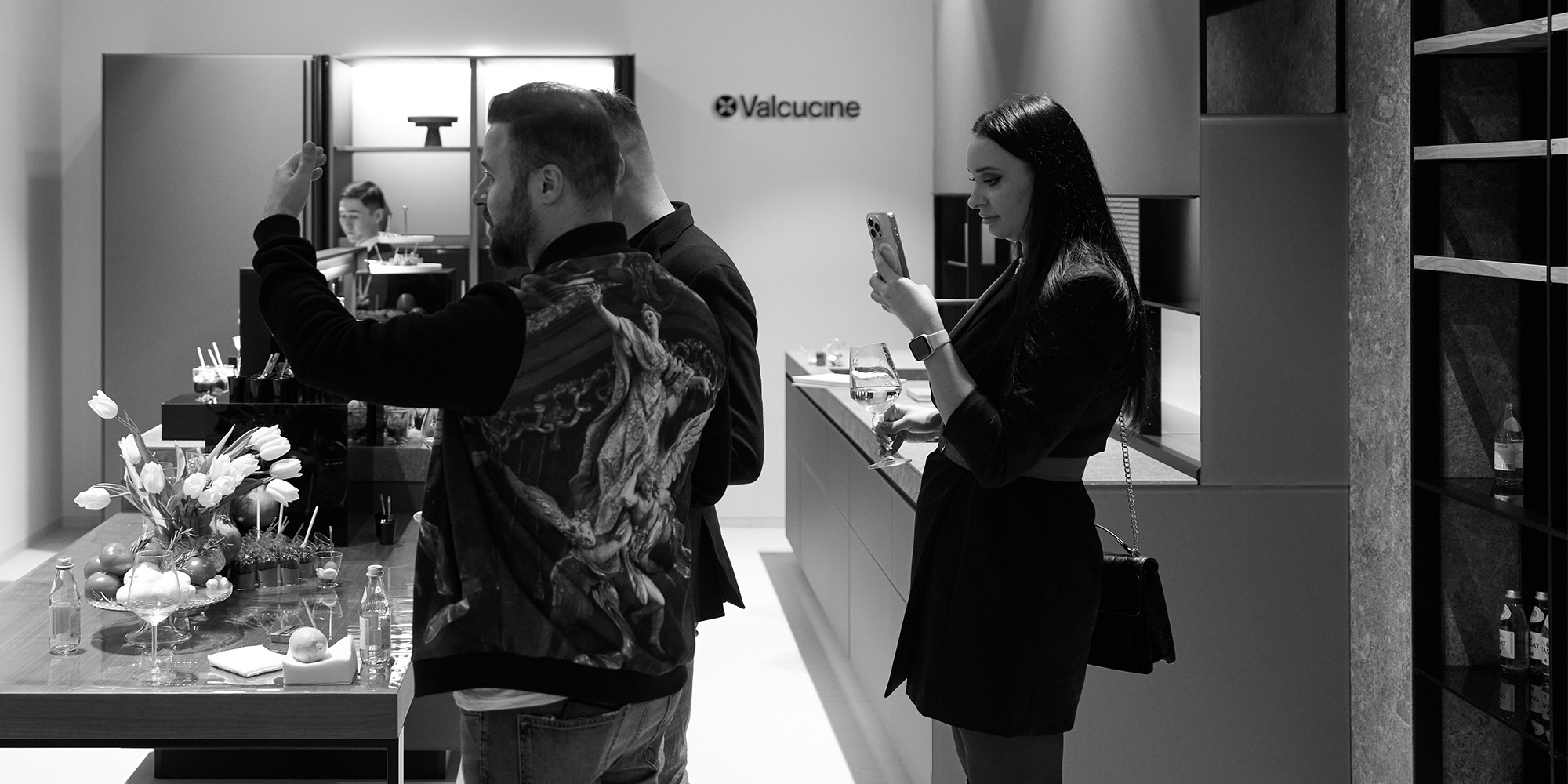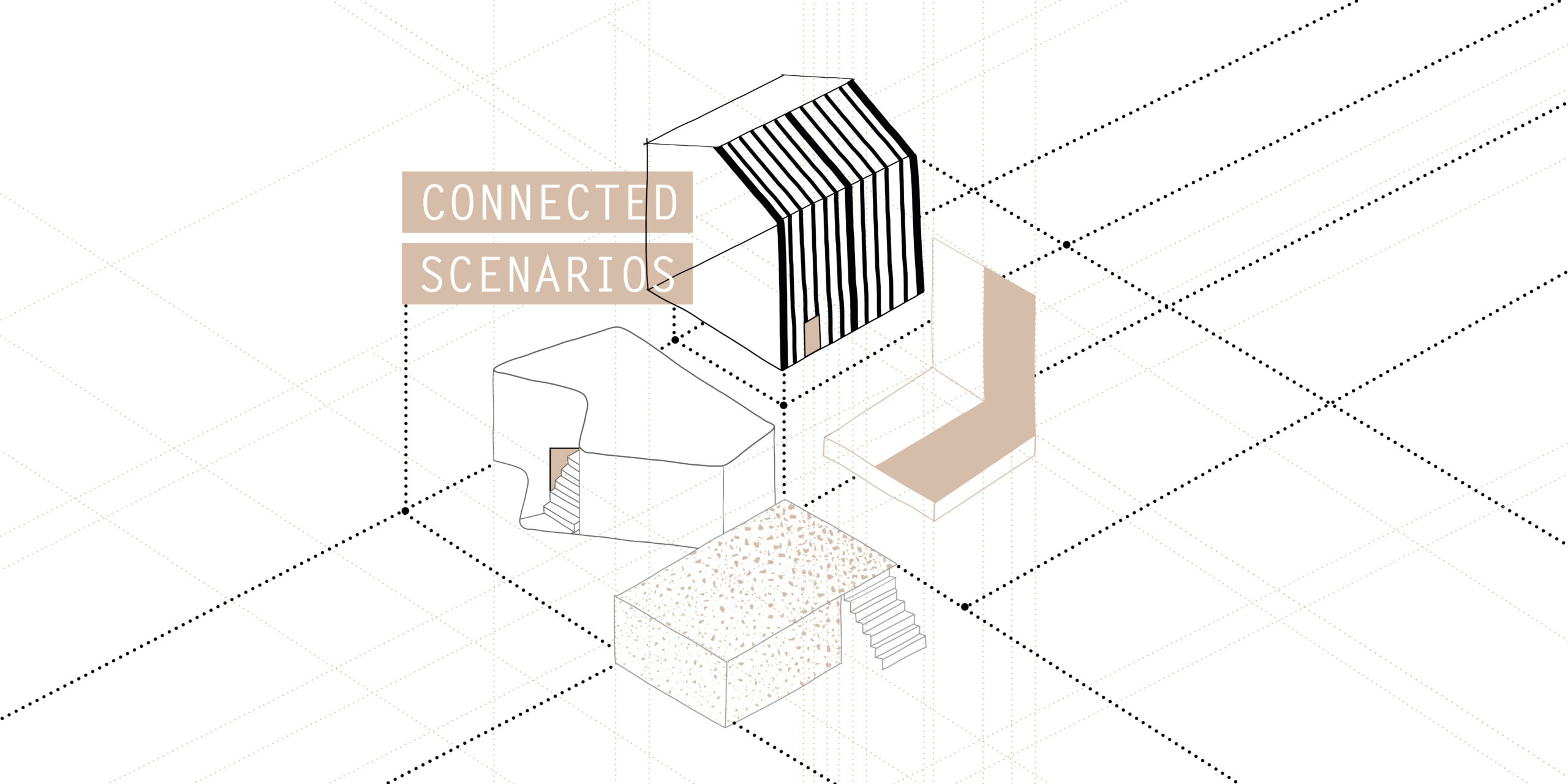Let's clean up the world: the importance of preserving biodiversity
Those who buy a product are increasingly more informed and conscious of the importance of preserving our natural heritage and increasingly more willing to carry out an active role in environmental protection. These people want to know whether the object they are purchasing has been manufactured in compliance with a philosophy and a production process that respects the environment and protects the health of Man. Many companies call their products “ecological”, but “ecological” means “no environmental impact” and we know very well that nothing constructed by man has no impact at all on the environment.
Due to the fact that there is no such thing as a law that establishes parameters to define a product as “ecological”, industries can use this adjective at will, and this creates confusion and mistrust in the consumer. Therefore, for clarity and to develop a critical conscience, a purchaser of consumer goods must gather information to understand whether the product concerned has really been designed and constructed respecting the environment. For centuries, profit has been the main aim of industries. The consequence is that important aspects such as product quality, safety and non-toxicity have been overlooked. Therefore, respect for the environment and for Man, which should be the first concern of a company towards the world and its inhabitants, is not often translated into actions that are worthy of mention.
All this has resulted in an abnormal consumption of resources, the pollution of the earth, of water and of the air and the accumulation of a large debt with nature that grows exponentially to the detriment of future generations. Practical and ethical reasons impose a U-turn in order to transform the destructive economy of the industrial era into a new way of conceiving the production of goods and services that contemplates the recovery of our planet's health and improves the quality of our life.
Valcucine has been pursuing the satisfaction of the consumer's needs for years by continuous and in-depth research into ecologically-sustainable design (green design). This means planning and manufacturing durable, recyclable, dematerialised products having very low toxic emissions, or even none at all, and that do not use wood coming from primary forests.
Clean Up the World is a community based environmental campaign that inspires and empowers communities from every corner of the globe to clean up, fix up and conserve their environment. Now in its 18th year, Clean Up the World, held in conjunction with the United Nations Environment Programme (UNEP), mobilises an estimated 35 million volunteers from 120 countries annually, making it one of the largest community-based environmental campaigns in the world.
The campaign brings together businesses, community groups, schools, governments and individuals in a range of activities and programs that positively improve local environments. Since the first Clean Up the World campaign in 1993 the improvements achieved due to the efforts of millions of concerned volunteers around the world have been astounding.
This year's issue is biodiversity: although protecting biodiversity can seem like a complex issue there are a wide variety of simple actions that individuals and communities can take to make a difference. Here are just a few of the possible options that Members can choose from:
- education programs
- planting trees
- waste reduction and recycling projects
Examples of community-led Clean Up the World activities include:
- Recycling and resource recovery
- Tree planting
- Education campaigns
- Water reuse and conservation
- Competitions
- Exhibitions
- Fix up projects.
While participants are encouraged to hold environmental events on or around CUW Weekend (always the 3rd weekend in September), Clean Up the World is also designed to provide support to groups undertaking activities throughout the year.
Clean Up the World is associated with the Department of Public Information of the United Nations and is supported by, and collaborates with, a range of partner organisations in various countries.
Find out more on Clean up the world here












